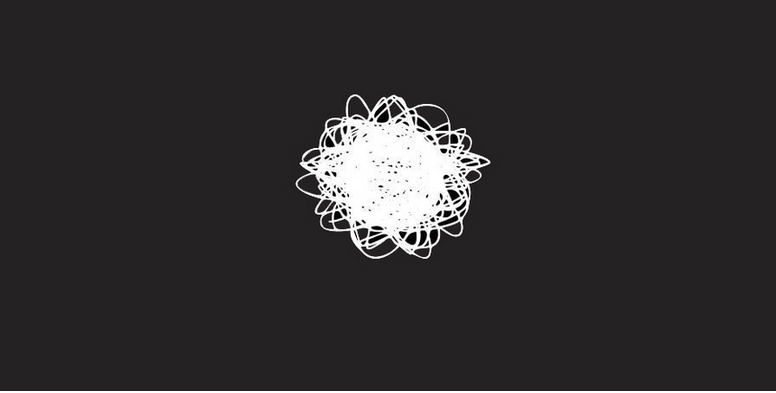Sanctions related to Iran were enacted under the United Nations Act and the Special Economic Measures Act in response to Iran's nuclear and weapons of mass destruction (WMD) programs.
Sanctions under the Regulations Implementing the United Nations Resolutions on Iran (the Iran UN Regulations) were modified on February 5, 2016 to implement the changes to the United Nations sanctions against Iran as decided by the Security Council of the United Nations in Security Council Resolution 2231 (2015). Ongoing restrictions on dealings with Iran under the Iran UN Regulations include:
- prohibitions on the export to Iran of:
- items, materials, equipment, goods and technology related to uranium enrichment, reprocessing or heavy water-related activities, or to the development of nuclear weapon delivery systems (products listed in the International Atomic Energy Agency's Information Circulars INFCIRC/254/Rev.12/Part 1 and INFCIRC/254/Rev.9/Part 2 and UN Security Council document S/2015/254, as well as to a number of goods listed in Group 1 (Dual-Use List) and Group 2 (Munitions List) in A Guide to Canada's Export Controls;
- items, material, equipment, goods and technology related to goods listed in the Missile Technology Control Regime (2015/254);
- battle tanks, armored combat vehicles, large caliber artillery systems, combat aircrafts, attack helicopters, warships, missiles or missile systems as defined in the United Nations Registry of Conventional Weapons;
- a prohibition on the provision to any person in Iran of technical assistance, financial or related services related to the supply, sale, transfer, manufacture or use of the products subject to the export prohibitions;
- a prohibition on making available to any person in Iran any property, financial assistance or investment, related to the supply, sale, transfer, manufacture or use of the products subject to the export prohibitions;
- a prohibition on making property or financial services available to Iran for the purpose of investing in specified nuclear-related activities in Canada;
- a prohibition on providing any technology to Iran in respect of any activity related to ballistic missiles capable of delivering nuclear weapons;
- a prohibition on the acquisition and import from Iran of arms and related material;
- an assets freeze against individuals and entities who were listed by the Security Council or the Committee established pursuant to Resolution 1737 (2006) as of July 20, 2015 whose names were not removed by Resolution 2231, or any other persons who may be listed by the Security Council under Resolution 2231; and
- a prohibition against claims by Iran or designated persons in relation to any transactions prevented by reason of the sanctions imposed against Iran.
Sanctions under the Special Economic Measures (Iran) Regulations (the Iran SEMA Regulations), as amended, prohibit:
- transactions involving property with the individuals and entities subject to asset freezes as listed in Schedule 1;
- the export, sale, supply or shipment of any goods listed in Schedule 2 of the Iran SEMA Regulations, to Iran, to any person in Iran, or to a person for the purpose of a business carried on in or operated from Iran; and
- transferring, providing or disclosing to Iran or any person in Iran any technical data related to the goods listed in Schedule 2.
There are also provisions in the Criminal Code that prohibit certain dealings with listed entities. Canadian persons (both individuals and entities) should look closely at their legal obligations and do careful due diligence about prospective partners, customers or suppliers in Iran to ensure that they are not dealing with any listed entities.



